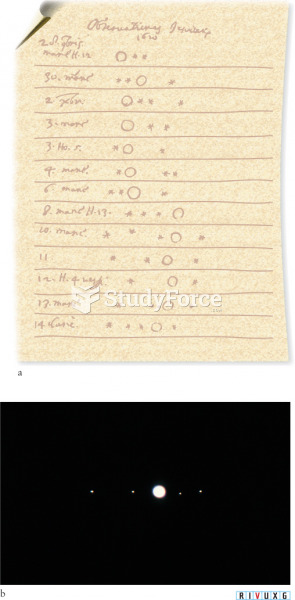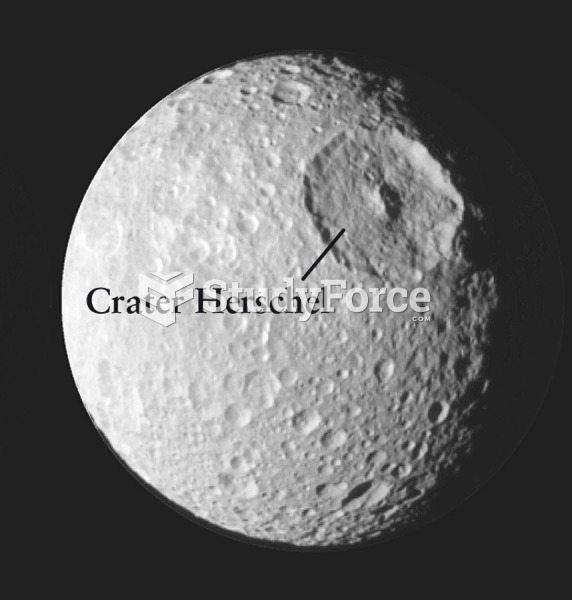|
|
|
By definition, when a medication is administered intravenously, its bioavailability is 100%.
More than 150,000 Americans killed by cardiovascular disease are younger than the age of 65 years.
Over time, chronic hepatitis B virus and hepatitis C virus infections can progress to advanced liver disease, liver failure, and hepatocellular carcinoma. Unlike other forms, more than 80% of hepatitis C infections become chronic and lead to liver disease. When combined with hepatitis B, hepatitis C now accounts for 75% percent of all cases of liver disease around the world. Liver failure caused by hepatitis C is now leading cause of liver transplants in the United States.
Interferon was scarce and expensive until 1980, when the interferon gene was inserted into bacteria using recombinant DNA technology, allowing for mass cultivation and purification from bacterial cultures.
For pediatric patients, intravenous fluids are the most commonly cited products involved in medication errors that are reported to the USP.







